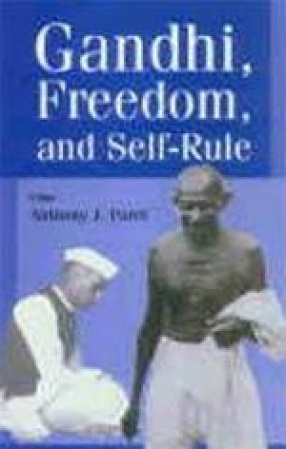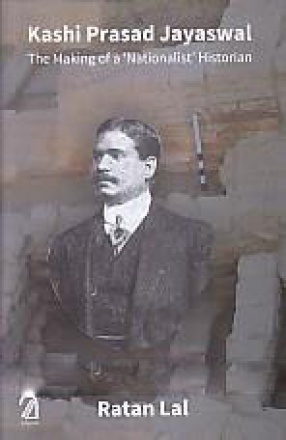This volume presents an original account of Mahatma Gandhi’s four meanings of freedom: as sovereign national independence, as the political freedom of the individual, as freedom from poverty, and as the capacity for self-rule or spiritual freedom. Gandhi taught that human well-being, both for the individual and for the collective, requires the simultaneous enjoyment of all four of these aspects. Gandhi drew his ideas on the subject from both Eastern and Western sources. Thus they make an important contribution to the ongoing debate in both the East and the West on the scope and nature of freedom. They provide a vantage point from which to assess the adequacy of the reigning theories of liberalism in the West—such as the Western distinctions of rights from duties and individual political freedom from spiritual freedom. Likewise, they shed useful light on the dangers inherent in the ascendant Indian ideology of Hindutva, which concentrates on national independence and economic freedom and subordinates individuality. In this volume, seven leading Gandhi scholars write on the four meanings of Gandhian freedom, engaging the reader in the ongoing debates in the East and the West and contributing to a new comparative political theory.
Gandhi, Freedom, and Self-Rule
In stock
Free & Quick Delivery Worldwide
reviews
Bibliographic information
Title
Gandhi, Freedom, and Self-Rule
Author
Edition
1st Ed.
Publisher
ISBN
8178291886
Length
ix+164p.
Subjects





There are no reviews yet.